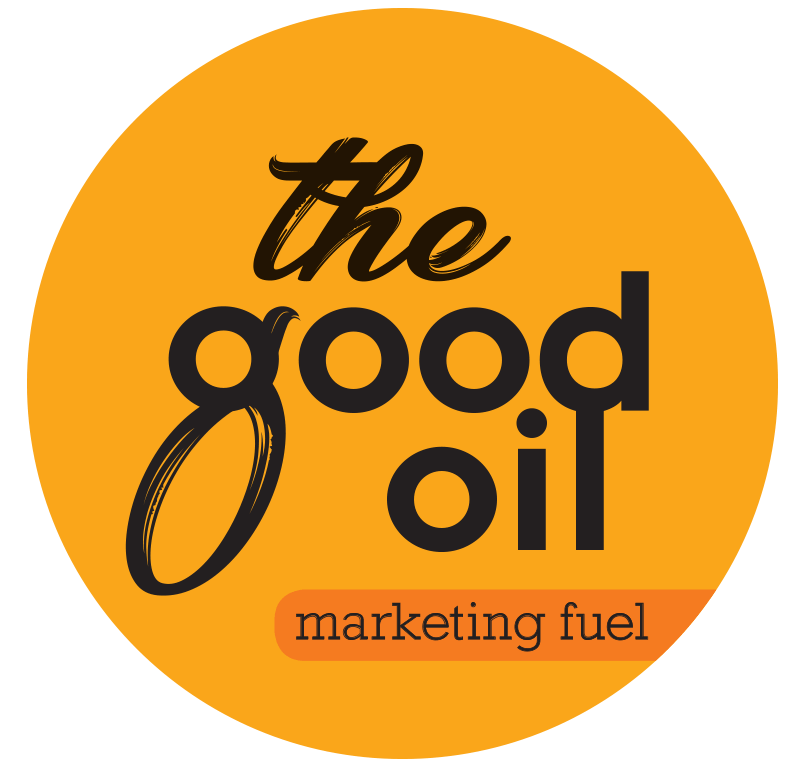Photo by Meritt Thomas on Unsplash
This is a quick tutorial about using Links (hyperlinks) to improve your ranking on Google.
The art / science of ranking higher on Google (Search Engine Optimization or SEO) is well worth the effort. I’m sure you already know that.
People use Google (and other search engines like Bing too), every second of every day to find businesses that they need.
SEO can be hard work, and take a long time as well.
There are rumored to be over 200 factors that Google looks at when deciding who to rank where on Google.
SEO practitioners will all agree though that Links are part of that process.
There are essentially 3 types of links – we’ll discuss them below and why they all play a part in ranking your website higher on Google
The 3 types of links are:
► Internal Links.
This is a link on your website that links to another page or area of your website.
For example, you might have an FAQ page, that links to particular blog posts on your site, to fully explain things.
Google likes Internal Links, and high ranking websites usually have a good mix of internal links.
Part of our process when working on a website for example is to always link back to the homepage, the “contact us” page, and 2-5 other pages or articles on the site.
For example we might write an article, and at the bottom have an FAQ section that links to other pages on the website, as well as the Contact Us page and Homepage.
► Outbound Links.
These are links that link from your website, away to another website.
Sounds counter-intuitive, but it’s not.
In short, good websites do link to other websites, and over time, they can reciprocate and link back to you, which is then an Inbound Link.
Another reason we’ll include outbound links is to support an article with references.
For example, we might link to the wikipedia page for SEO in an article about SEO. This demonstrates authority to Google, and in our experience helps to rank pages higher too.
Keep in mind that you don’t want too many outbound links on your pages, because there is the risk of losing the reader to another site. A good SEO practitioner can advise about this.
► Inbound Links.
Also called Backlinks, these are SEO Gold.
Websites that rank high on Google for competitive words and phrases always have a good amount of inbound links.
Google sees inbound links as a strong vote of confidence in your website.
The process of getting backlinks to your website is a key determinant on ranking higher on Google.
There are SEO agencies that exclusively focus on backlink work, and they are not cheap, such is the power of backlinks in ranking your site higher.
All SEO software tools will have backlink analysis capabilities – so you can learn about your competitors backlink profile (how many, what sort of websites etc) and then plan accordingly for your own backlinks.
For example – we use Linkminer by Mangools for our Backlink analysis – its very useful, has a free trial, and gives great intel about your websites backlinks, as well as your competitors.
Keen to invest more time into your SEO? Consider grabbing our SEO Unlocked course below – we’ve slashed the price because we want more business owners to get results!
